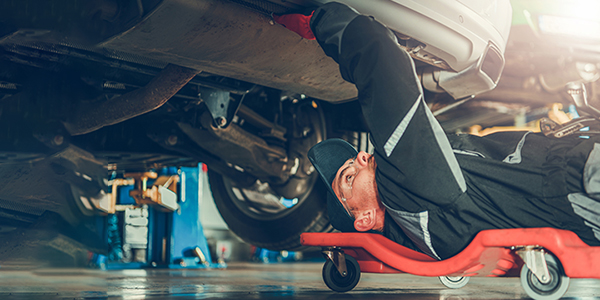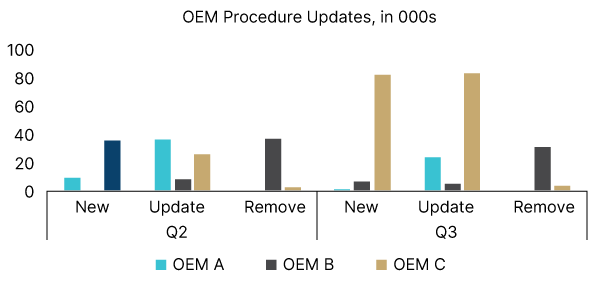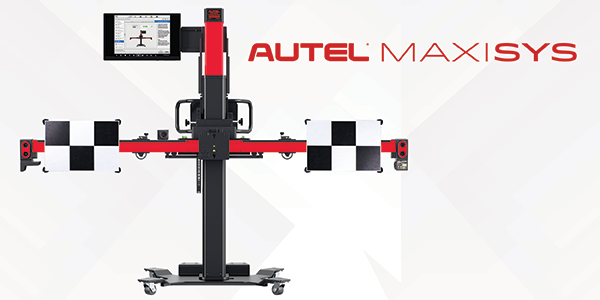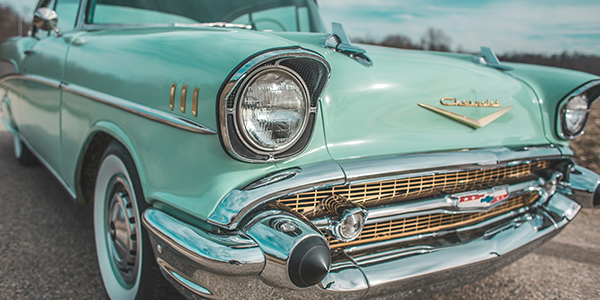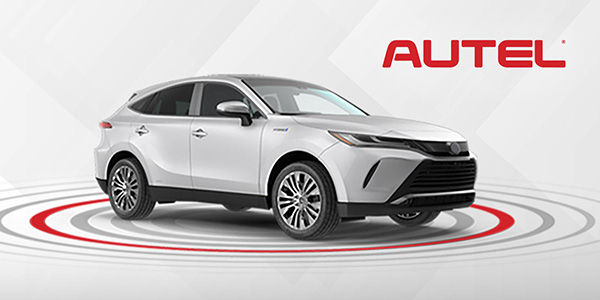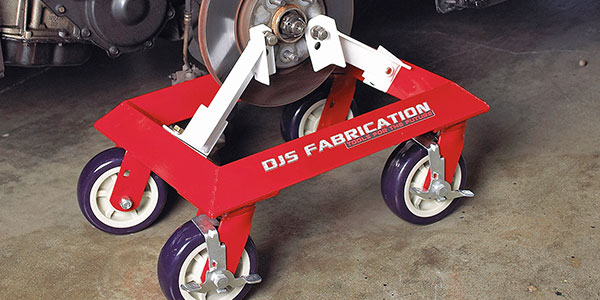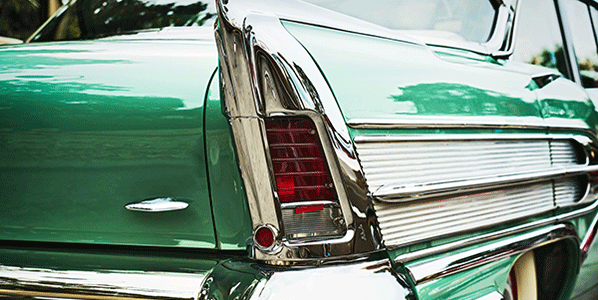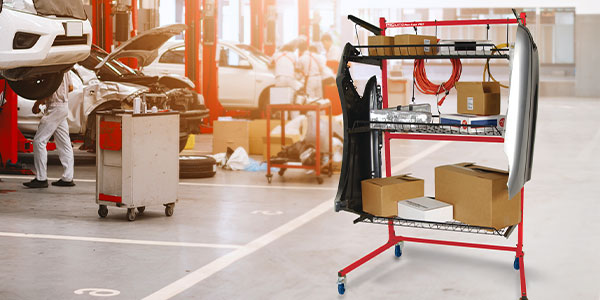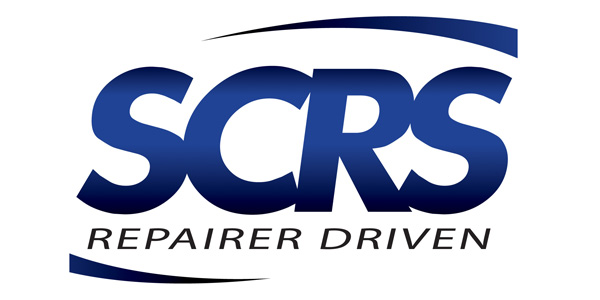When speaking about the value of OEM parts, it may seem like it comes down to cost, but it’s also important to consider the additional value of OEM parts and how they affect the industry – from OEMs and dealerships to repair facilities and vehicle owners. Here’s why:
OEMs
At face value, the motive for OEMs to sell more OEM parts seems profit based. And, there is monetary incentive behind increased parts sales. However, the value of OEM parts can be greater than short-term wholesale revenue. Consider this: It’s hard, if not impossible, to place a value on brand integrity. As such, an OEM’s commitment to ensuring vehicles are repaired with OEM parts is a crucial part of brand management.
Here’s how it works: If a vehicle is repaired using a non-OEM part and the part fails, it reflects poorly on the OEM. Unfair? Yes, but owners tend to be upset with the whole car opposed to a single part (they may not even know who manufactured the part). Given the circumstances, OEMs want the parts they designed (and trust!) to be used on their vehicles, allowing for more confidence in the repair and, by extension, greater customer satisfaction with the OEM brand. It is much more difficult to repair a damaged relationship and restore lost trust than it is to incentivize network dealerships to sell OEM parts to repair shops at an affordable price.
Dealerships
Dealerships, like manufacturers, also have a vested interest in protecting brand integrity. Their role starts with selling vehicles, cultivating strong consumer relationships, and generating customer loyalty. That said, only a select number of vehicles return to the dealership once they leave the lot. While a dealership can’t control where an owner goes for maintenance or repairs, they can control the availability of OEM parts in their geographic area. OEM part sales can help dealerships reclaim lost revenue while increasing the likelihood that their brand of vehicle is repaired with its original equipment. This generates sales but, more importantly, helps ensure quality, OEM parts are used when repairs are performed outside the dealership.
Just like the manufacturer, there’s a greater incentive: customer satisfaction. While most repairs can occur at any independent shop, vehicle purchases take place at the dealership, making a positive customer experience crucial, especially after the initial sale. Although obvious, it’s also worth repeating: A satisfied customer is likely to be a loyal, repeat customer.
Collision shops
With OEM parts, shops can count on a level of predictability: the part will fit, it won’t require modification and the quality will be top notch. These factors all contribute to a repair shop’s most valuable asset: time. OEM parts eliminate uncertainty, allowing repairs to go as scheduled without unexpected interruptions. OEM parts also provide easier calibration, limiting the adjustments on other electronics in the vehicle. This means more time, more repairs, more business.
What’s more, high-quality OEM parts reduce the likelihood of part failure. Remember: a flawed part, even if installed correctly, is still a flawed part. And, if the part fails, it brings a disappointed customer back to the repair facility looking for an explanation. This is another instance of the whole (brand) receiving the blame for the smaller, less visible component. If a shop develops a name for installing inferior or underperforming parts, it risks losing customers and revenue. Just like a bad experience with a car, a bad experience at a repair facility is difficult to forget and an unhappy customer will likely tell approximately 10 people, fair or not, about their dissatisfaction.
Vehicle owners
When an OEM incentivizes a dealership to sell OEM parts to associated shops, all parties involved know the parts were designed for that vehicle. However, the customer may benefit more than anyone else. Keep in mind: The customer was likely in a recent accident and safety is probably top of mind, and OEM parts are the safest option available. The customer not only gets their vehicle repaired with parts specifically engineered for that vehicle, but ones designed in accordance with the original safety features. This means the vehicle can perform in the same capacity as it did prior to the accident. Plus, when repairs occur with OEM parts, it helps the vehicle keep more of its value while retaining its structural integrity. This makes it clear why a high-performing part can help grow trust in the OEM brand and establish a strong relationship with a shop and/or dealership. Just like it’s difficult to place a value on brand integrity, it’s equally hard to put a value on a customer’s comfort level.
Short- and long-term value
An investment in OEM parts increases the likelihood of working with a customer on future cars – whether that means a purchase or repair. So, when experts say that a brand isn’t a logo, but, rather, a promise, it’s important to consider everything that goes into that promise. In the auto industry, OEM parts are an incredibly effective way for the OEM, the dealerships, and the repair shops to make good on the promise they make to the customer. And this, as many business owners know, is invaluable.
For more information, visit: CollisionLinkShop.com
This article was brought to you by CollisionLink Shop.

